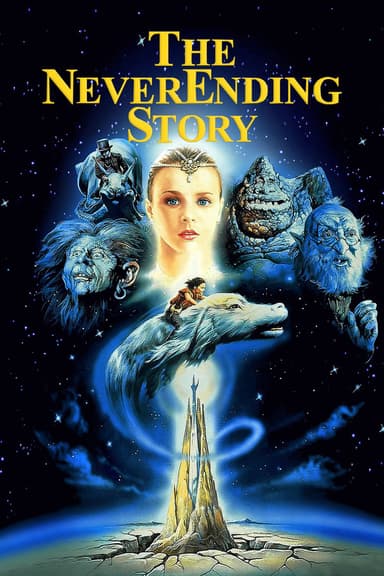
The Fabulous Baron Munchausen
1962 • Adventure, Animation, Comedy, Fantasy
A 20th century man lands on the Moon and discovers that Baron Munchausen has beaten him to it, accompanied by Cyrano de Bergerac and the characters from Jules Verne's novels about the conquest of the satellite.
Runtime: 1h 23m
Why you should read the novels
If you long for pure adventure and outlandish storytelling, reading the original Baron Munchausen books introduces you to the sources of it all—filled with relentless wit, clever exaggerations, and absurd impossibilities dreamed up centuries before modern cinema. Raspe and Bürger's works invite you directly into the mind of the notorious fabulist, blurring the lines between truth and fantasy in a far more intimate way than any adaptation could.
These classic tales have inspired generations of writers, artists, and filmmakers with their sense of boundless imagination and comedic bravado. The inventive exploits—riding cannonballs, traveling to the moon, conquering grand armies single-handedly—are all told with infectious charm and bold language that rewards the curious reader at every turn.
Rather than passively viewing Munchausen’s whimsy through a director’s lens, immerse yourself in the prose where you can savor the full spectrum of exaggeration, verbal humor, and narrative invention. The books let you experience the larger-than-life character firsthand, spurring your own imagination like few stories ever have.
Adaptation differences
The 1962 film The Fabulous Baron Munchausen, directed by Karel Zeman, diverges immediately from the books in its storytelling style and narrative focus. While the original stories are a loosely connected collection of tall tales recounted directly by the Baron himself, the film frames its narrative through the eyes of a modern astronaut, merging 20th-century science fiction into Munchausen’s world—a twist absent from the original literary accounts.
Another significant difference lies in tone and presentation. The books use sharp satirical prose and first-person storytelling, presenting Munchausen as an unreliable narrator gleefully displaying his absurd exploits. The film, on the other hand, moves away from satirical commentary and becomes a visual spectacle, relying on magical imagery and fantastical set pieces rather than verbal wit or narrative unreliability.
Karel Zeman’s adaptation further synthesizes stories from both Raspe’s and Bürger’s versions, freely picking, altering, and condensing various episodes to fit the cinematic form. Consequently, some famous adventures in the books are omitted or drastically reimagined for visual effect, while new scenarios—such as the Baron visiting the moon with the astronaut—are invented for the film’s unique fusion of fantasy and science fiction.
Finally, the depiction of Munchausen himself shifts. In the books, his character is flamboyant, boastful, and often delightfully self-serving. The film recasts him as a more whimsical, almost paternal guide to the astronaut and the audience, lacking some of the original’s biting self-aggrandizement. This adjustment, along with the introduction of the astronaut protagonist, transforms the narrative from a self-driven tapestry of lies to a collaborative and visually poetic journey, marking a clear departure from the original literary spirit.
The Fabulous Baron Munchausen inspired from
The Surprising Adventures of Baron Munchausen
by Gottfried August Bürger
Baron Munchausen's Narrative of his Marvellous Travels and Campaigns in Russia
by Rudolf Erich Raspe










